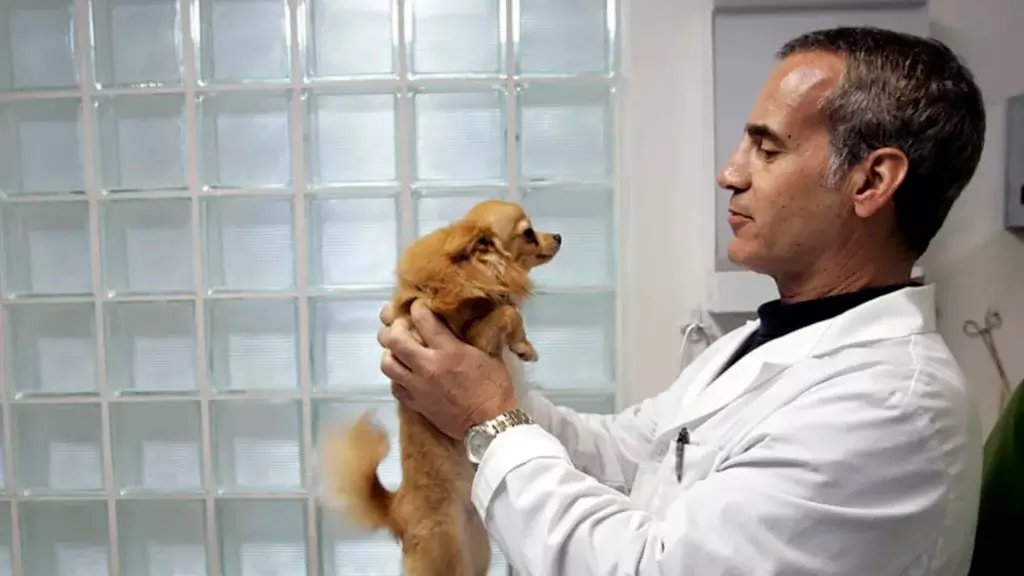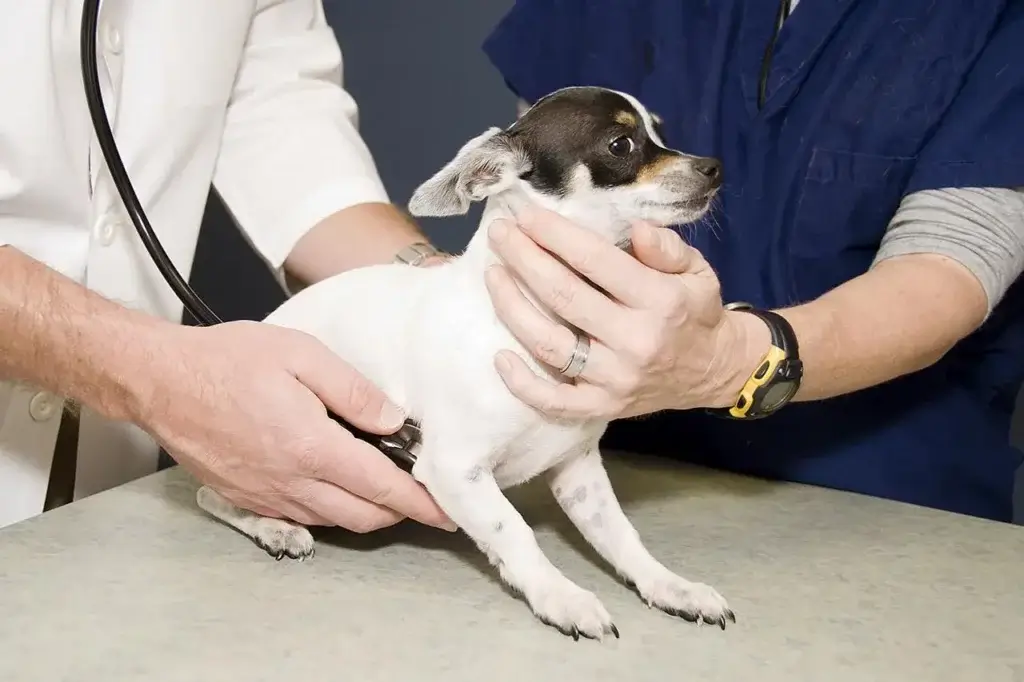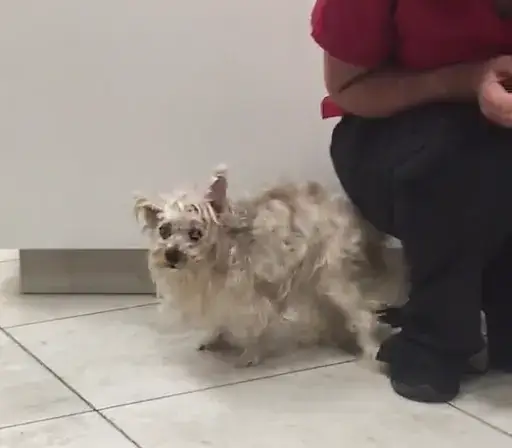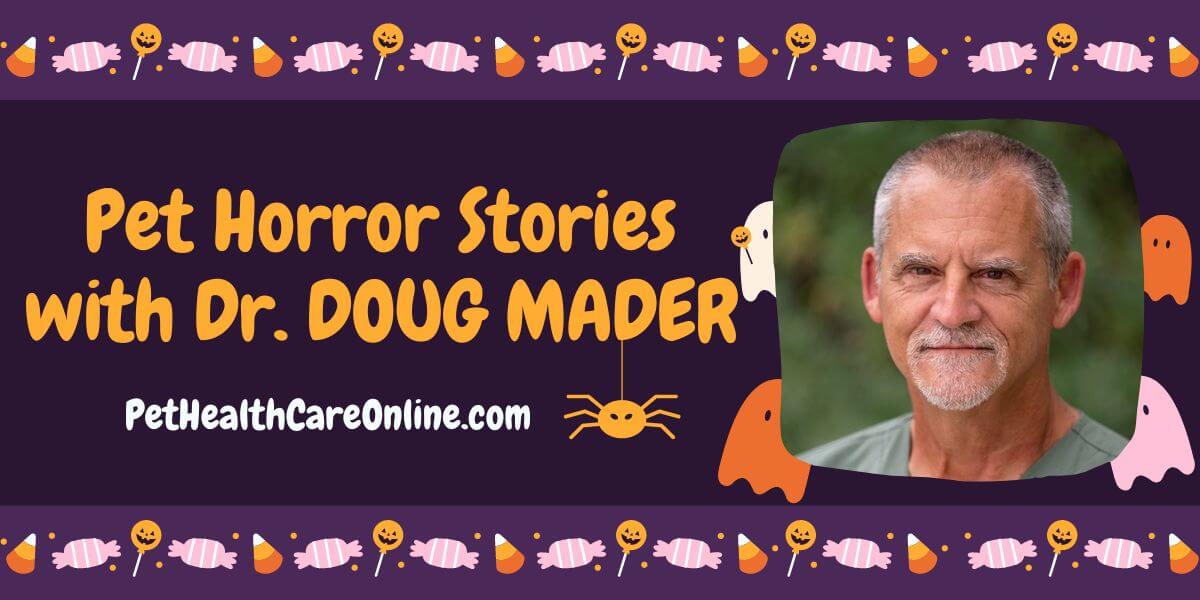Vets are key members of our modern-day society. As more and more people adopt different kinds of furry friends to keep them company, veterinarians are growing even more in demand everywhere.
Most days at the vet’s office are pretty good, filled with adorable puppies and fluffy little kittens waiting to get their first vaccine shots. But, every once in a while, a nasty medical emergency will shake up even the best vet professionals out there.
We’re here to talk about such stories so that people can learn from them and do their best to avoid them. Dr. Doug Mader is here to share his experience with difficult animals and difficult situations on the job. He is a triple board-certified veterinary specialist, internationally recognized speaker, and author of three best-selling medical textbooks and numerous columns.
His latest book, The Vet at Noah’s Ark: Stories of Survival from an Inner-City Animal Hospital, was released on July 12, 2022, and features the everyday struggles of survival that Dr. Doug Mader and his team, as well as his patients, face.
Keep reading for our exclusive interview with vet Dr. Doug Mader on frightening clinic stories.

Q: Can you please tell us a bit about yourself and your experience?
I am a veterinary specialist and I have been a veterinarian for over three decades. I am an internationally recognized speaker, and I’ve written three medical textbooks, numerous book chapters, columns, and scientific publications.
I’m a member of the Royal Society of Medicine in the UK. I worked in California for many years, but today I live and work in the Florida Keys.
Q: What was your most remembered story or horror story from your experience as a vet?
One of my doctors was walking her two Husky dogs, each on a leash, when they were confronted by a loose dog, in a public park. The at large dog, which was a fraction of the size of the two huskies, was aggressive and attacked one of my doctor’s dogs.
Naturally, both of her dogs became defensive and engaged with the attacking dog. The veterinarian was not strong enough to pull her big dogs off the attacker. In a matter of seconds, a crowd came running over to separate the dogs. One of the people, who turned out to be the dog’s owner, was badly bitten by one of my Doc’s dogs. When they finally got the dogs separated, the smaller, attacking dog, lay bloodied and motionless.
Friends of the owner then started yelling at my Doc for having such vicious dogs and threatened to beat her up. I live in a very small town. The angry mob did not realize that the owner of these two big dogs was one of my veterinarians. They rushed their dying dog to my ER service. Of course, they had no money.
Of course, by this time, my doc had called me, in tears, to tell me what Happened.
My on-duty ER doc administered emergency care. The little dog was severely injured, including a skull fracture with multiple lacerations as well as a proptosed eye.
The owner refused to pay saying that she was going to sue the owner of the big dogs and make her pay for the treatment. They were also going to turn her in to animal control and insist her dogs get euthanized since they tried to kill her dog but also bit her resulting in the owner having to go to the emergency room herself.
My team worked on that little dog for weeks, to the tune of over $15,000 – but, we were able to save it. Even with this miracle, the owner still refused to pay. And of course, my Doc could not afford to cover the charges either. So, I ate the bill to protect my Doc and, of course, help the dog.

Q: What can we learn about this event?
This is such a horrible experience on so many levels. My Doc was not culpable for what happened – her dogs were leashed – and they were just being defensive. The entire incident was the fault of the owner of the loose dog.
I live in a very small town so I could not, and would never, turn away an injured pet. If I declined to treat it because the owners refused to pay, the dog would have died because there are no other ER/Specialty Veterinary hospitals in our town.
With the reach and power of today’s Social Media, this could have been a nightmare for my hospital if I had turned them away.
Q: How can we teach pet parents to avoid this in the future?
Dog owners need to know the leash laws in their neighborhoods. If a dog is aggressive it should always be on a leash, and if necessary, have a muzzle on in public. Aggressive dogs should have a yellow ribbon tied to their leash to serve as a warning to other dog owners to keep their distance.
Almost two weeks after the attack, the patient looked okay. Not only were we able to treat the skull fractures but we were also able to save the eye.
Dog Attack Puppy

Sometimes, dog walking is no picnic, and it should be approached with due caution. All dog owners should keep their dogs on a leash until they’re sure they can trust them to walk independently. Even then, you still can’t be sure that other unleashed dogs won’t attack your dog or you, as Dr. Mader’s testimony vividly illustrated.
The moral of the story here is everyone should be extra cautious when walking their dogs in public. Although there are no laws to enforce this, people probably shouldn’t let their dogs walk without a leash in parks and spaces with other unfamiliar dogs. As this story shows, the consequences can be dire for the dogs and owners alike.
Bad owner reactions such as this one only complicate the matter and won’t do any good. But, it’s probably understandable where they’re coming from. They might think their dog can be taken away after an attack like this one, or even worse, put to sleep, and they might face hefty charges.
And they’re probably not far off; all of these things can happen if the dog is aggressive and the owner is irresponsible. So perhaps you should leave your dog on the leash in the park and take him somewhere safe to run free as much as he likes with fewer threats in sight.
In his decades-long experience, Dr. Mader has seen plenty of good and bad memorable events that he describes in his books and long-standing columns in the Long Beach Press Telegram, Reptiles magazine, and the Key West Citizen.
He has received numerous rewards for his accomplishments, such as the U.S. Fish & Wildlife Service Award, the UC Davis School of Veterinary Medicine Alumni Achievement Award, and the Fred L. Frye Lifetime Achievement Award for Veterinary Medicine.
He is a seven-time winner of the North American Veterinary Community Speaker of the Year award and a four-time winner of the Western Veterinary Conference Educator of the Year award.
For more updates on his activities, you can check out his website.



